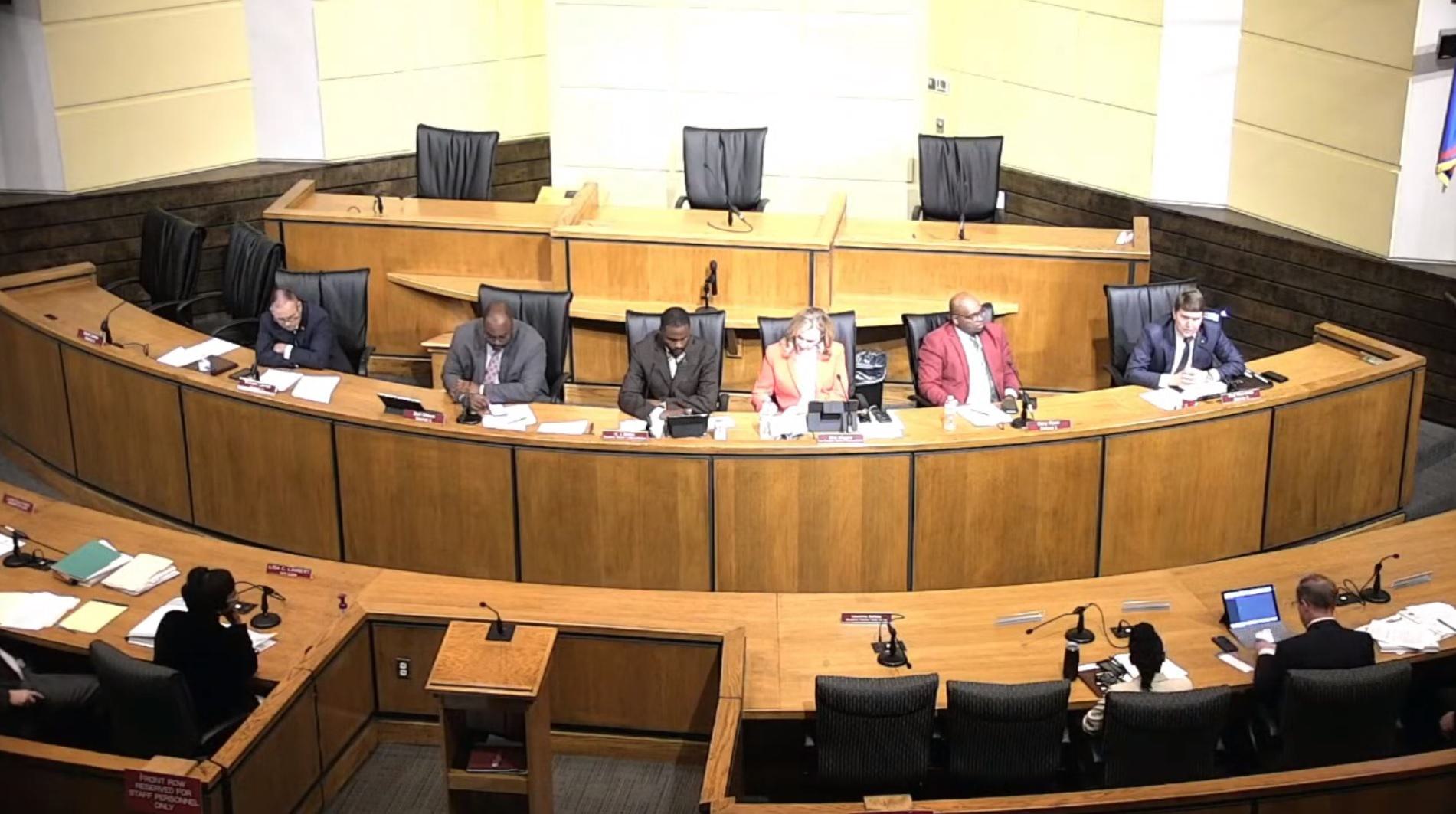The city of Mobile will join other cities across the state in considering an ordinance to allow medical marijuana dispensaries within city limits.
When the ordinance was introduced Tuesday night, it came with heated debate over the impact dispensaries would have on the city.
The Alabama Medical Cannabis Commission must approve dispensaries before getting a license through municipalities. Any municipality or county must pass its own ordinance to allow for dispensaries first. Counties and municipalities may also put their own regulations on those businesses.
People will not be allowed to smoke weed. The medication will be offered in pill form, patches, gels, oils and other means but will not be available in leafy form, edibles, or smoked or vaped forms.
Councilman Scott Jones argued that "there's no such thing as medical marijuana" and said it is a mind-altering substance no matter how it is administered.
Councilman William Carroll argued it would be better to have regulated businesses within the city selling marijuana than the illegal operations currently happening on the street level.
"We all know that there are more illegal dispensaries on the street than there will ever be dispensaries that are legalized," Carroll said. "And how are you going to prevent people from buying it off the streets? Wouldn't you rather have it regulated and controlled?"
Law enforcement officials across the state believe legal, medical marijuana dispensaries will have little to no impact on the illegal drug trade in Alabama.
The state will allow 12 cultivators, four processors, four dispensary licensees (that may operate three locations each), and five integrated facility licenses (where businesses may grow, process, transport and dispense medical cannabis). The application process includes a background check, analysis of financial ability, moral character and business background. The Alabama Medical Cannabis Commission may pick and choose who is eligible for a license based on their analysis of these and other factors.
Conditions that may be treated with medical cannabis include autism, cancer, Crohn's disease, depression, anxiety, epilepsy, Parkinson's disease and other chronic or terminal conditions.
The council is set to vote on the matter on Tuesday, December 13.
You can read the state's regulations for medical cannabis dispensaries here.
To connect with the author of this story, or to comment, email erica.thomas@1819news.com.
Don't miss out! Subscribe to our newsletter and get our top stories every weekday morning.










